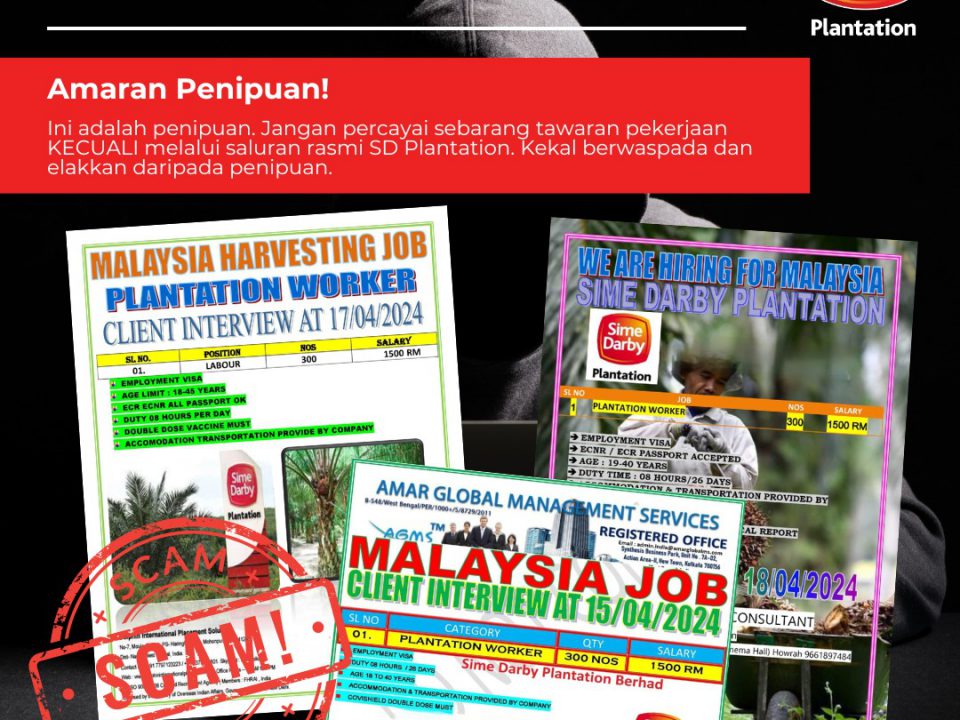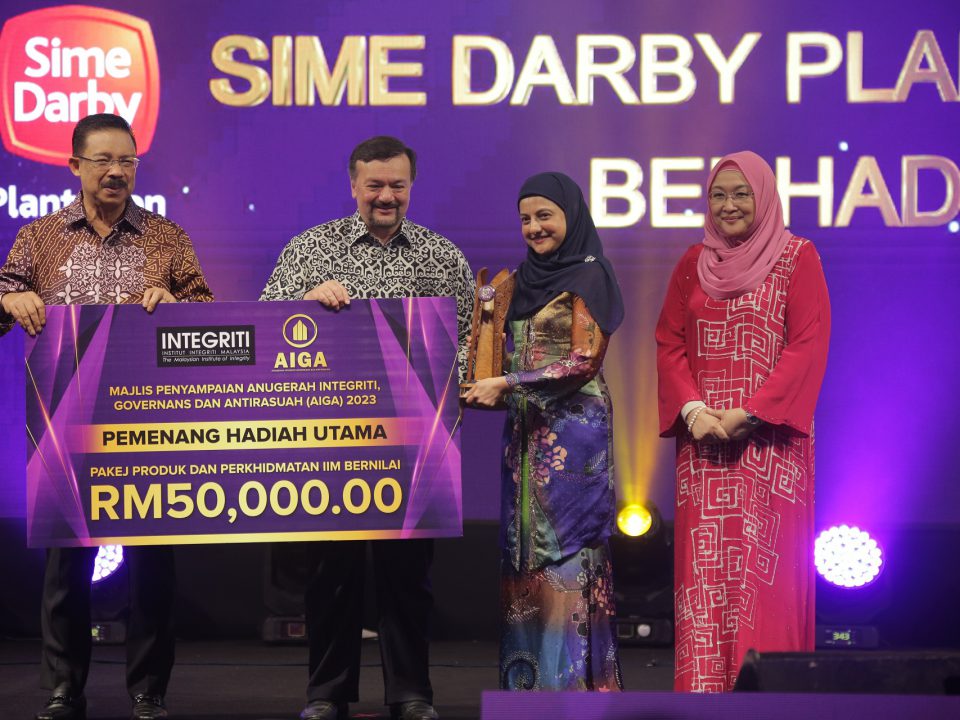Sime Darby Plantation Responds To Government’s Call For Use of Biodiesel In Private Sector


Sime Darby Plantation Responds To Government's Call For Use of Biodiesel In Private Sector
SELANGOR, 24 March 2010 – Sime Darby Plantation Sdn. Bhd. – the plantation and agri-business arm of Sime Darby Berhad, Malaysia’s largest conglomerate – is leading the pack in heeding the Government’s call for public usage of biodiesel in Malaysia.
Witnessed by Minister of Plantation Industries and Commodities, Tan Sri Bernard Dompok and industry officials, Sime Darby President and Group Chief Executive Dato’ Sri Ahmad Zubir Murshid led by example and filled his BMW 730Ld with Sime Darby’s biodiesel, Bio-N (pronounced “Beyond”). Other cars used by Sime Darby’s executives were also filled with Bio-N, apart from a tractor and a motorbike.
Sime Darby Plantation in fact had started using palm biodiesel blend in its upstream operations vehicles since March 2008. The initiative started at the East and West Estates and Mills on Carey Island and later expanded to other estates and oil mills in Selangor and Negeri Sembilan.
Initially the company started with B5 biodiesel (5% biodiesel blend in petroleum diesel) and gradually some estates increased the ratio to up to 10% (B10). For this initiative, upstream operations use about 100 metric tons of pure biodiesel a year.
The usage of biodiesel in Sime Darby Plantation operations vehicles was first mooted by the company’s Managing Director Dato’ Azhar Abdul Hamid.
“As a major producer of palm oil, it only makes sense for our cars to use the Bio-N. We are indeed very pleased that our President himself is leading by example by filling his BMW 740d with Bio-N. There are many reasons why biodiesel is the fuel of the future, and its environmental advantages surely lead the list”, said Dato’ Azhar.
He added that to make biodiesel run on private cars, a government mandate is necessary. He noted that Tan Sri Dompok’s presence at the event augurs well for the future of biodiesel.
In February 2009 the Malaysian Government initiated the usage of palm biodiesel blend in government’s vehicles in the Klang Valley. The government has also announced its plans to start the usage of biodiesel blend other areas in Malaysia beginning 2010. However this has yet to materialise.
To date there are 22 members of the Malaysian Biodiesel Association with total production plant capacity of approximately 2.7 million metric tons a year.
In 2009 Malaysia exported approximately 232,000 metric tons of palm biodiesel or about 12% of the total available capacity.


